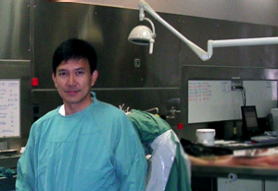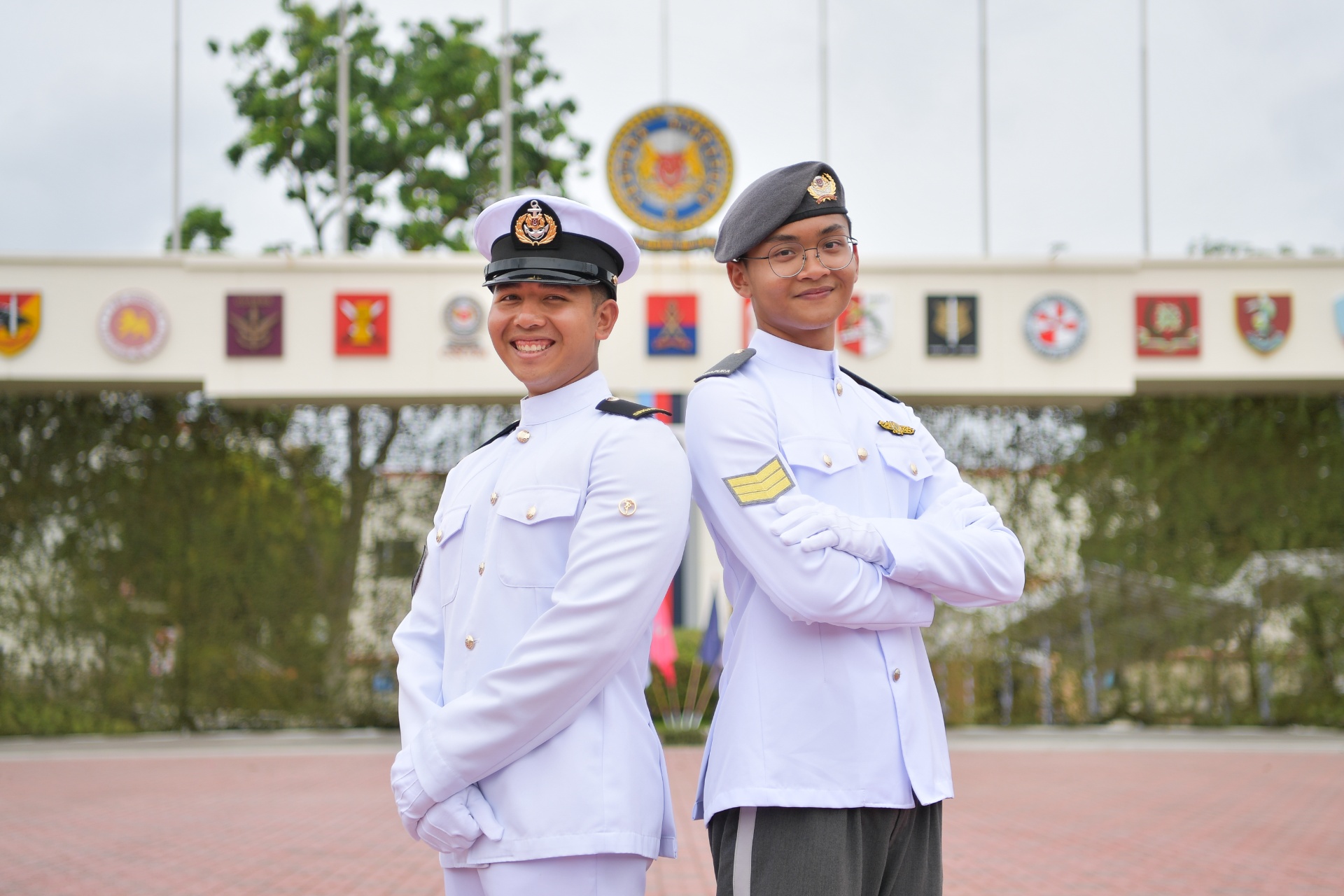PEOPLE
HE LETS THE TEETH DO THE TALKING
26 Apr 2010
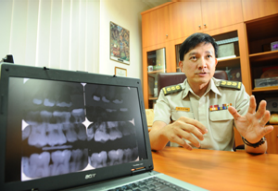
Never liked being in a dentist's chair? PIONEER gets into one during an appointment with Colonel (COL) (Dr) Tan Peng Hui, Singapore's pioneer forensic dentist.
When COL (Dr) Tan talks about a facelift, there is nothing cosmetic about it. In fact, the end-stage of such a procedure is not a pretty sight. That is because to him, the procedure means peeling away the facial skin to expose the jaw and teeth, giving him unobstructed access to conduct a dental autopsy.
One of only three forensic dentists in Singapore, COL (Dr) Tan's job has taken him overseas to places such as Palembang, Indonesia, after the SilkAir plane crash in 1997. He was also involved in a number of high-profile criminal cases, such as the Orchard Road and Kallang River body parts murders, both of which happened in 2005. All these cases required him to identify the victims by their teeth, as the bodies were either charred or dismembered beyond recognition.
Another memorable experience of his career, was being deployed as part of a Singapore Police Force Disaster Victim Identification (DVI) team to Phuket, Thailand, after the 2004 tsunami washed up thousands of bodies.
"The first thing that greeted us in Phuket was the smell. The death toll was staggering, and decomposition was everywhere. One of the temples, Wat Yan Yao, was converted into a morgue, and it was filled with bodies. The entire temple ground was covered with dry ice to slow down the decomposition rate," he recalled. "With grieving families there, and the dirty, muddy and smelly environment plus limited running water and lighting, it was terrible."
Despite the grisly nature of his job, COL (Dr) Tan finds what he does to be meaningful.
"I speak up for the dead, sometimes helping to solve crimes and put crooks behind bars. Recovering bodies and identifying them also helps families who have lost their loved ones to find closure to the tragedy," he said.
Asked why he chose such an unpopular job in the first place, COL (Dr) Tan, who is also currently Commander of the Military Medicine Institute, said forensic dentistry was something he "stumbled onto" during his National Service (NS) days.
"The Singapore Armed Forces Medical Corps was then building up expertise in soldier remains identification, and they offered me the opportunity to study forensic dentistry at the University of Melbourne," he told PIONEER.
As to why he did not enter private practice subsequently, he attributed his decision to patriotism and a positive NS experience. "I enjoy the military life. It has taught me leadership by example, and responsibility...the values in the military like courage, perseverance and fighting spirit also help to build a person s character."
Q&A with COL (Dr) Tan
Q:What is forensic dentistry?
A: It's the application of dental science in the legal field. It's applied in four areas, namely in age estimation, bite marks analysis, child and spouse abuse investigation and disaster victim identification (DVI). For example, by looking at the stage of one's dental development, we can estimate the age of an individual fairly accurately from pre-birth up to 18 years old. We are also able to match bite marks to perpetrators of abuse. In DVI, if the deceased has previous records such as radiographs, photographs or teeth impressions, we use those to identify them.
Q: How is forensic dentistry relevant to the Singapore Armed Forces?
A: Should war occur, forensic dentistry will be useful to identify fallen soldiers. Today, with the emerging threat of terrorism, forensic dentistry plays an important role. In the Bali and London bombings, forensic dentistry contributed to most of the victim identifications, so this is a vital component of our national disaster response plan.
Q: What is one question people often ask you about your job?
A: They ask if I get nightmares. The only bad dream I ever had was after the Phuket trip. I dreamt I was trapped in a building by tsunami waves and was in danger of drowning. Thankfully other than that, I've never dreamt about my work, even though experts tell us to be constantly careful about our mental well-being.
ALSO READ IN PEOPLE
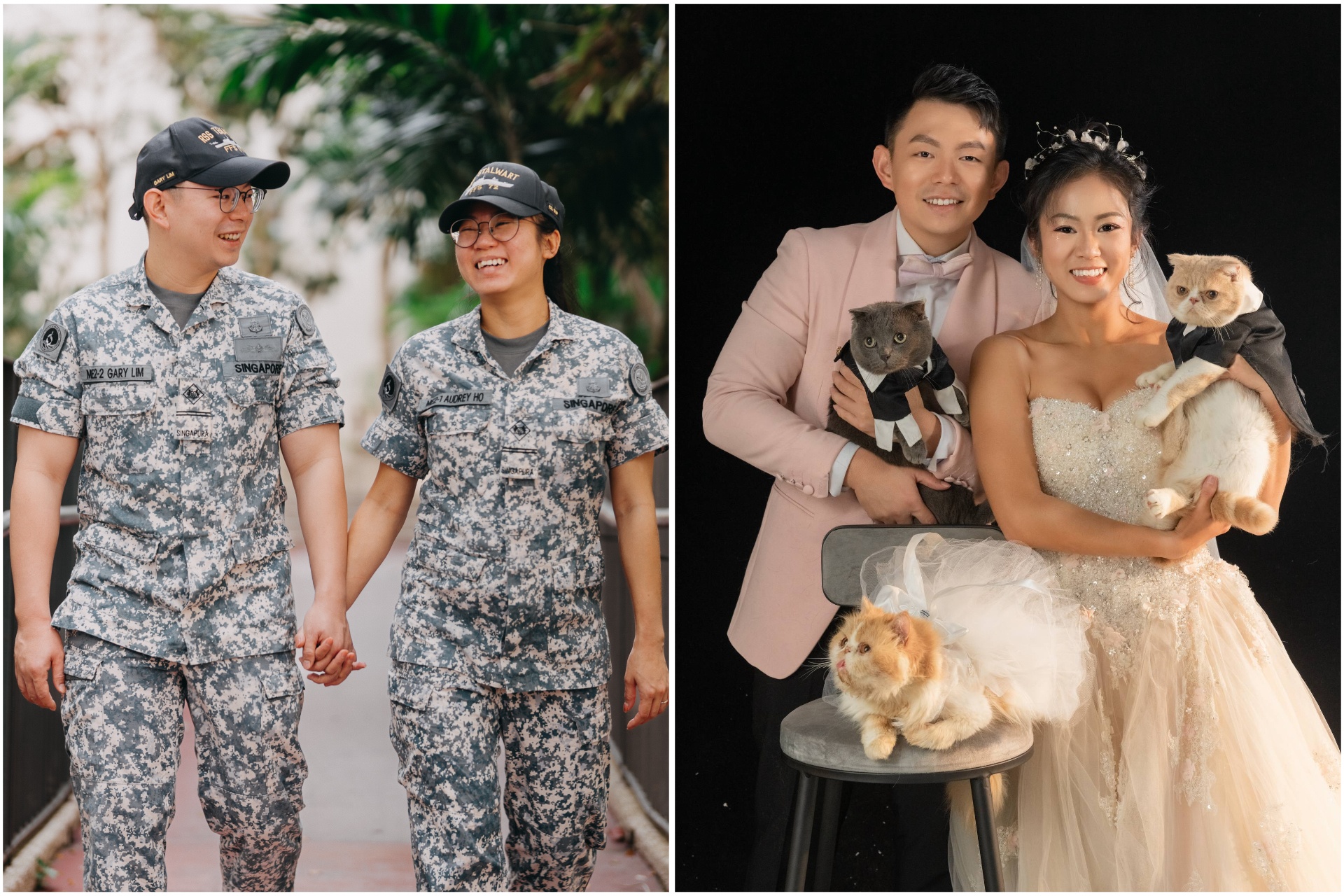
When two hearts set sail together
13 Feb 2026
Naval engineers ME2 Gary Lim and ME2 Audrey Ho share how they navigate love, military service, and (soon) parenthood.
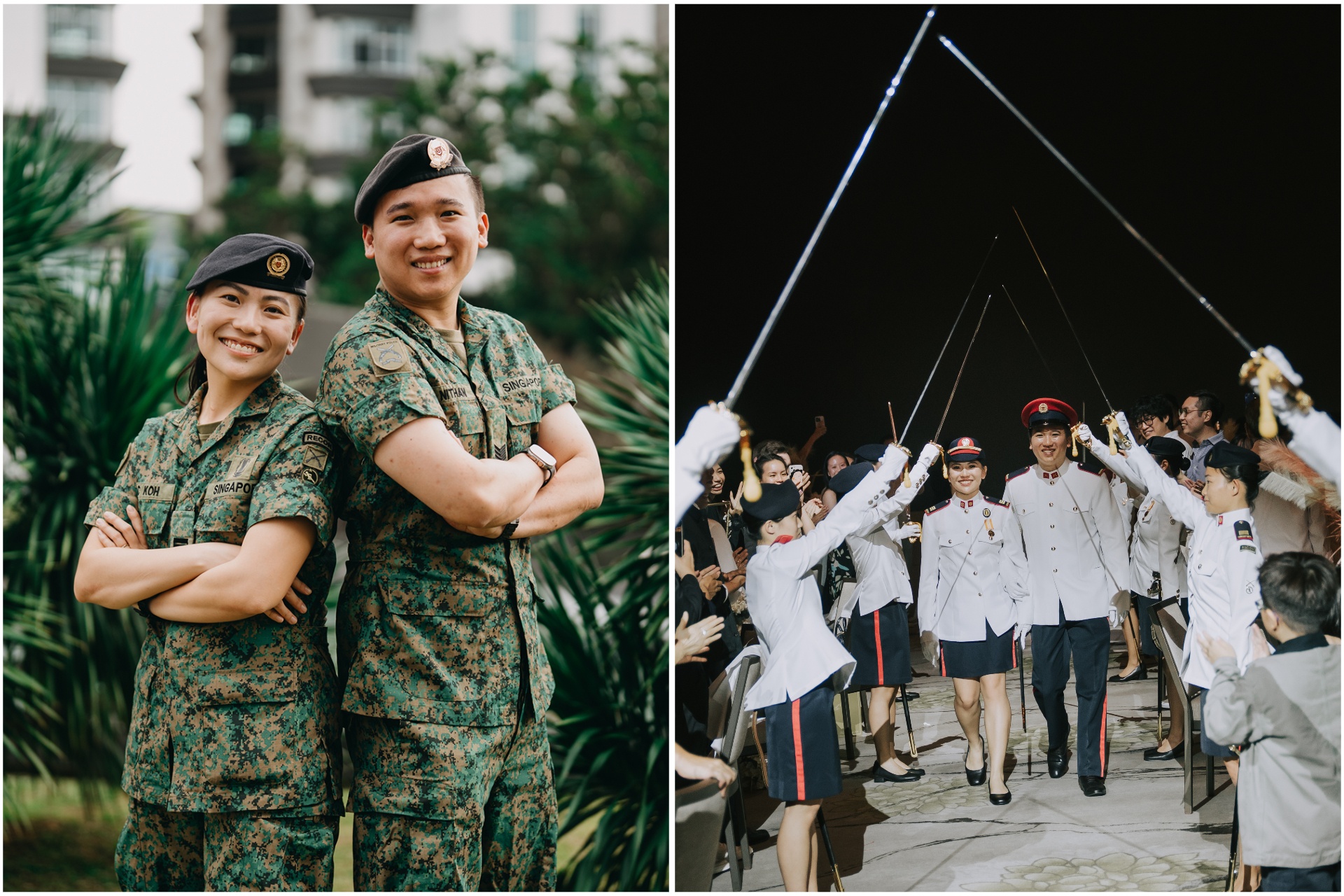
I’ve always got your back
11 Feb 2026
She’s an Army officer, and he’s the (NS)man supporting her dreams. CPT Koh Xinci and 3SG (NS) Nitro Chan share their love story with us – including their unique wedding!
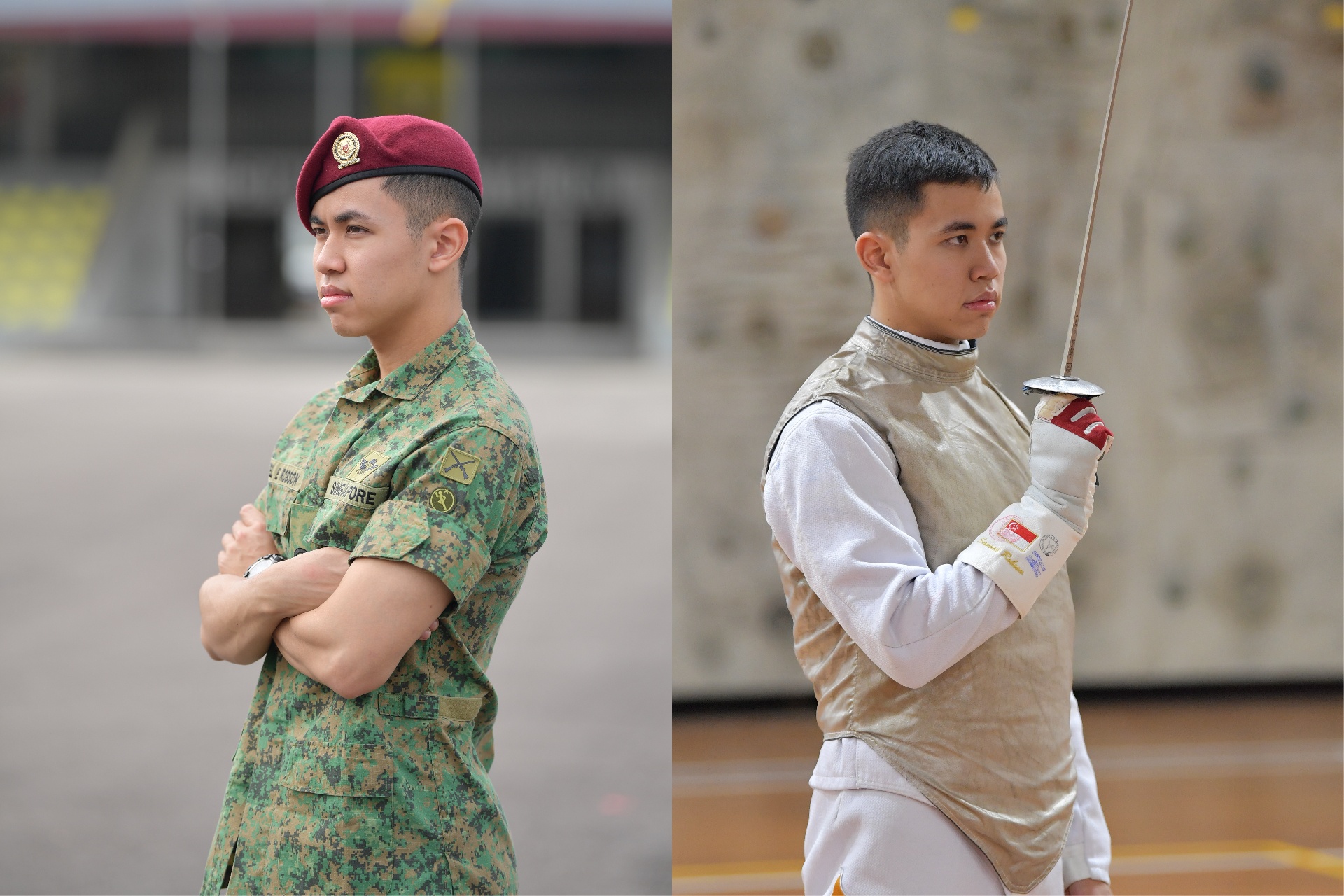
He’s an NSF Commando & medal-winning fencer
28 Jan 2026
His team won gold at the SEA Games 2025, and he hopes to represent Singapore in more competitions to come. Meet fencer CPL Samuel Elijah Robson, who is serving as a Commando during his full-time NS.

